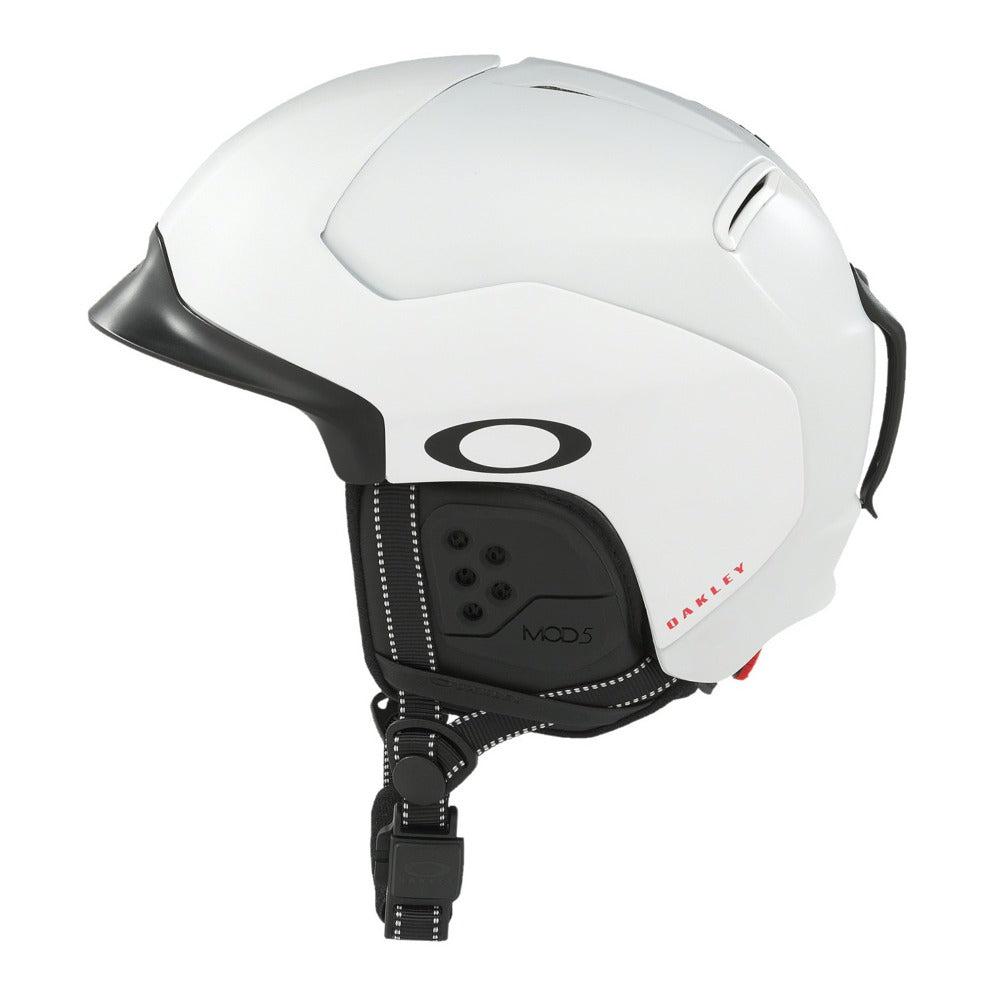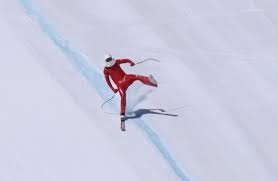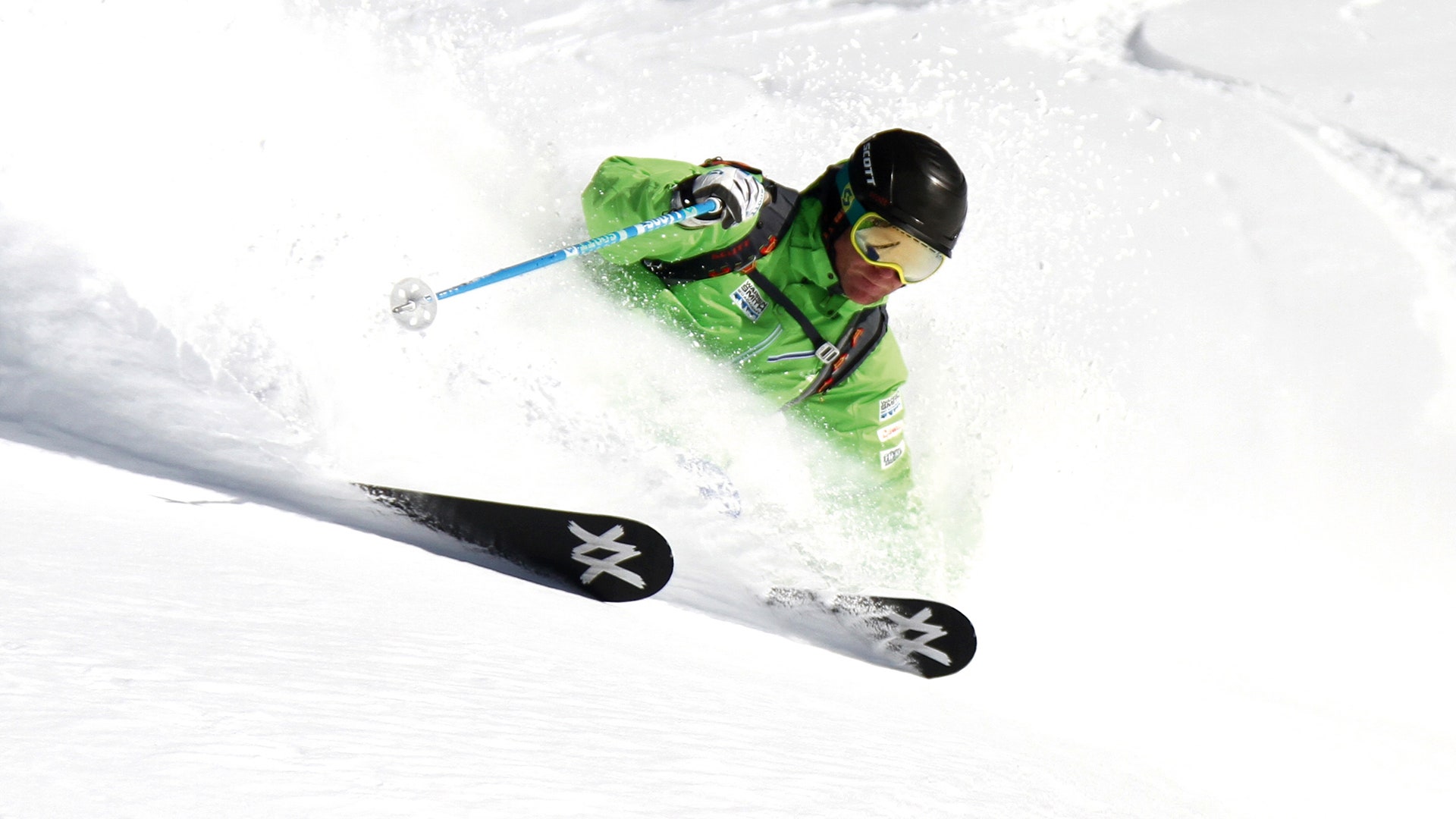
Athletes jump off hills in the sport of skiing long jump, depending on their body positioning and the lift from the air beneath them. It is considered one of the most difficult sports in the world.
Skiers need to adopt a variety of body positions in order to maximize the chances of landing safely, and gaining as much lift possible from above. Skiers are advised to use a variety of body positions that will maximize their chances of landing safely and getting as much lift from the air above them as possible.
In the 1990s, Swedish jumper Jan Boklov pioneered a technique that added more lift by using the front edges of the skis to point downhill and uphill. This position was important in developing longer ski jumps because it minimized the wind resistance.
For long distance jumps, judges consider the jumper’s body position while on the floor, in mid-air and after landing. They award up to 20 points to each judge, based on their assessment of a jumper's style and form.

The size of a hill is used to determine the length, along with the body position as well the lift that the air provides. The smallest size of hill is called a K point, while the largest is referred to as a HS.
Five judges examine and score every jump. Each jumper receives two jumps, and the athlete who scores the highest wins. Five judges score the distance covered by each jumper and their style on a 0-20 scale. They also award points for each metre.
For many years, the jumps' length was determined based on the distance run prior to the start of the competition (90 m for the small hill and 125 m for the big hill). At the 1992 Olympics however, jumps became referred by their K points. Since 1992 all jumps now are categorized based on their K points distance (normal Hill: 98m, large Hill: 125m).
Although ski jumping is relatively easy to perform for the average person, it requires an extensive amount of training. Skiers can prepare for the long jump by learning how to use their arms and legs to create explosive power.
Athletes need to have good flexibility and balance in order to navigate the steep slopes of the hill and the ice-filled channels. Winter conditions can be particularly dangerous, because they make it difficult for jumpers control their speed and directions during a leap.

Yuki Ito currently holds the World Record with 154 meters. It was set during a practice jump at the Bad Mitterndorf ski jump in Austria, and it is still valid today in that location.
Even though it is dangerous, ski jumping remains one of the most popular and exciting events at the Olympic Games. The sheer thrill of leaping to the skies is the main reason for this. The Olympics hold a special place for skiers all over the world, and they strive every year to qualify.
FAQ
Which countries produce the best food?
Each country has its own cuisine. It's therefore difficult to identify the best countries for food.
But, we can still tell you where the best cuisine is!
TripAdvisor users have ranked the following countries as their top three.
-
Italy - Italy has been voted number 1 by TripAdvisor users for its amazing food.
-
France – France was ranked 2nd because of its rich cultural and culinary heritage.
-
Spain - Spain came in third because of its stunning beaches and amazing weather.
What documents should I keep handy when traveling?
Keep copies of important documents in your car for quick access when on the go. Also, keep copies of your passport, driver’s licence, and other identification cards, along with any credit card information, in case you need them, to make it easy to access when you travel.
It is a good idea if you have a photocopy your passport so that it can be used in the event of a need.
Do not forget to include copies and reservation confirmations. These will help keep you organized and allow you to plan your trip.
Keep a copy of the flight ticket and details for your hotel reservations. You can contact your family back home easily if you are in trouble.
It's a good idea to never leave valuables unattended. You can keep your valuables safe by keeping them in your wallet or inside your bag.
Check your bag before you go to prevent losing expensive items.
Remember: It's safer not to plan too much than to keep everything simple.
Enjoy your journey and relax!
What should you never forget when traveling?
When you travel, you'll find yourself in situations with little time to make decisions. It's okay to be spontaneous.
You may be stuck someplace for hours or days, or even months. If you have a plan, you'll be able to provide food, water, shelter and a place to rest. But, if not, you might have the need to improvise.
In these instances, you may need to rely only on what you are good at. That means making quick decisions based on instinct and experience.
But sometimes, you won't have any choice. It could happen that you are stranded without cell phone coverage, run out of gas, or have been robbed. You'll need to adapt quickly to these situations.
The key is to keep calm, stay focused and act decisively. Don't panic. Instead, stay focused on what you have control of.
If you find yourself lost in the woods you can choose which way to go. If you feel hungry, you have the option to eat berries or mushroom. You can drink rainwater, or melt snow if your thirst is great.
Rest if your tired. You can wrap up if you're cold. If you're wet, you can change clothes. No matter what you do, it will make you feel better to stay positive.
What are some ways to make traveling more enjoyable for my family?
Traveling should not just be about getting from point A to B. It should also include all the experiences along the way.
So we have created an app called "Traveler," which helps you plan your trip by creating itineraries based on your interests.
We are currently adding new features like booking hotels, flights, and renting cars.
The goal of this project was to create an easy travel planning tool for those who want to explore more while they're on the road.
How do you travel light?
There are no right or wrong answers when packing for a vacation. Here are some tips that will help you make the right choice when packing for your next trip.
-
Bring only what you really need.
-
Only pack what you will actually wear.
-
Avoid buying too many things.
-
Check your suitcase for space.
-
Always double-check that you've packed everything you need.
-
Enjoy free storage
-
Instead of purchasing bottled water, use reusable water bottles.
-
Carry a backpack instead of using a suitcase.
-
Walk or cycle whenever possible instead of using public transport.
-
Choose the right size bag.
-
Avoid carrying heavy items.
-
Be prepared for any eventuality.
-
Don't leave anything behind
What can I put in my suitcase for travel?
At least two pairs of shoes should be on your feet at all times. Two pairs should be sufficient for everyday walking and one for trips to the beach.
It is important to ensure you have enough clothes for both. It is important to have extra clothes in case you travel by plane.
If you're planning on staying somewhere longer, you might want to think about bringing along a few changes of clothing. This will ensure that you don't feel awkward while shopping for new outfits.
Comfortable shoes should be worn if you are taking the bus or train. For those who drive, it is a good idea to have spare tires.
Also, remember to bring plenty of toiletries, such as shampoo, toothpaste, moisturizer, deodorant and toothpaste.
Last but not the least, you will need a flashlight as well as insect repellent, sunscreens, sunglasses, a hat, first aid kits, and sunblock.
It's better to keep all your items in one bag than to try to fit them in different bags. You'll save both time and space.
And finally, don't forget to pack a small towel and washcloth. They'll come in handy when you shower after a long day of sightseeing.
Are you concerned about what you might lose when you travel?
Yes, I often forget stuff. This happens most often when I'm on a brief trip. But luckily, I always have everything with me, so I never run out of anything.
My passport is one example. When I purchase tickets, I make sure I have enough cash.
My phone charger is always with me. Also, I have a small bag that I store my other items in.
Statistics
- Alcoholic beverages with 24% alcohol or less are not subject to limitations in checked bags. (tsa.gov)
- That's an 18% jump from 2019, the previous record year. (travelandleisure.com)
- Case in point: the private island of Ilha Caldeira, less than seven miles off the coast as part of the Primeiras and Segundas Archipelago, is located within the marine-protected area with 20 percent of the country's intact living coral. (travelandleisure.com)
- According to Maori legends, this park holds 14 fjords that were all carved by a giant stonemason with an adze. (busytourist.com)
- Between the ages of 11 and 13, kids, or tweens, will likely want some autonomy but also need boundaries. (travelandleisure.com)
External Links
How To
How to travel for cheap
Travel is a very popular activity. But traveling can be costly. Traveling is costly due to high costs of lodging, hotel rooms, rental cars, transportation and food. Even worse if you have children. How can we make travel more affordable?
We can start by looking at ways to reduce costs. Plan your trip well in advance to receive discounts on airfares, hotel rooms and car rentals. You can also save money by choosing a budget hotel. A hostel offers basic accommodation for $20 per night if you don’t want to spend too little. You can also use public transport and Airbnb to rent a place in someone's home.
Consider spending a little more to avoid extra fees. For example, if there is no free Wi-Fi available, you should buy a SIM card for your phone. This will ensure that you won't pay roaming charges. You can also order pizza or pasta outside to reduce the cost.
You could also consider sharing the expenses with others. You could ask your friends and family to split the bill. Or maybe you can work together to book tickets. Sharing expenses can help you save money, and it will reduce stress.
You don't need to travel if you have no money. Camping and hiking are options. These activities are often completely free. You just need to pack supplies such as water, snacks, sunscreen, insect repellent, a first aid kit, a flashlight, a tent, a sleeping bag, etc.
There are many ways to make traveling affordable. Try to think creatively and come up with ideas that are unique to you!